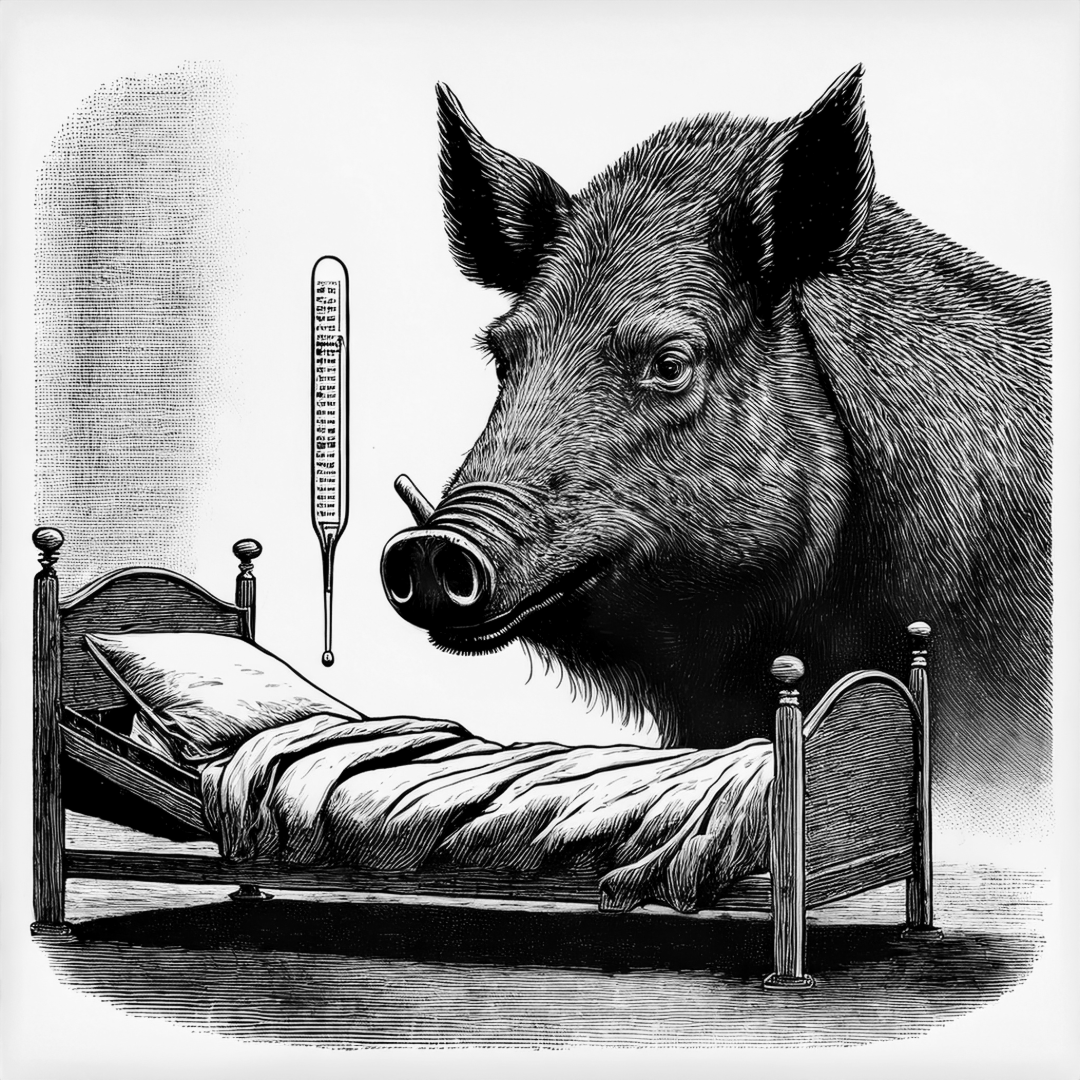MONTGOMERY, Ala. — A proposed bill in the Alabama Legislature could allow residents to care for injured or orphaned wildlife, a move supporters say would address critical gaps in the state’s wildlife rehabilitation services.
The Alabama Good Samaritan Wildlife Rehabilitation Act, introduced by Rep. Ben Harrison, R-District 2, seeks to permit individuals to provide temporary care for non-federally protected and non-endangered animals before releasing them back into the wild. The bill is designed to address a shortage of licensed wildlife rehabilitators in Alabama, where only seven certified facilities currently operate statewide.
Supporters of the legislation argue that it would empower Alabamians to help wildlife in need and foster a greater connection to the state’s natural environment. They point to the challenges faced by residents who encounter injured animals but have few options for care due to the limited number of rehabilitation centers. Advocates say the bill would give people the ability to act without fear of violating existing laws that prohibit unlicensed wildlife care.
The bill has drawn attention from conservationists and animal welfare groups across the state. While some critics have raised concerns about potential risks, such as improper care or disease transmission, supporters emphasize that the legislation is narrowly tailored. It excludes endangered species and federally protected animals and does not allow individuals to perform veterinary procedures.
The Alabama Wildlife Center has expressed reservations about the bill, citing concerns over animal welfare and public safety. National organizations like the National Wildlife Rehabilitators Association have also called for stricter oversight and professional standards for those caring for wildlife.
HB448 is currently awaiting review in the House Agriculture and Forestry Committee. Its supporters hope it will pass before the legislative session ends, arguing that it represents a practical solution to a longstanding issue in Alabama. If enacted, the law could mark a significant step forward in how residents interact with and care for local wildlife.

